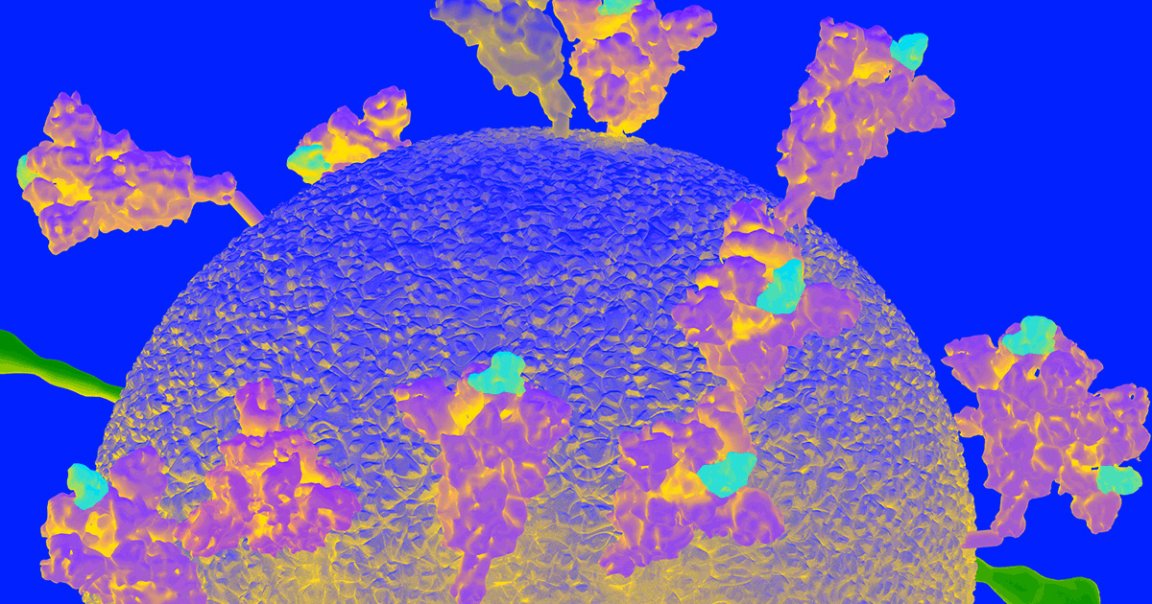
As the more infectious strain of SARS-CoV-2 recently identified in England continues to spread, experts are concerned that we’re in store for a devastating new wave of COVID.
Scientists don’t yet have a perfect understanding of the B.1.1.7 variant of the coronavirus, Science Magazine reports, but the data they do have suggests that it’s considerably more infectious than the strains that have thus far dominated the pandemic. If there’s any consolation, however, it’s that our ability to track new strains could serve as an early warning sign and give leaders time to respond.
“One concern is that B.1.1.7 will now become the dominant global variant with its higher transmission and it will drive another very, very bad wave,” Jeremy Farrar, an infectious disease expert and director of the public health charity Wellcome Trust told Science.
The trajectory of that wave, Farrar adds, could be much harder to predict than COVID-19’s first spread around the world.
“I think we’re going into an unpredictable phase now,” he added.
Right now, evidence suggests that B.1.1.7 isn’t any more lethal than other coronavirus strains, but that it does make those infected more likely to spread the disease. That increased transmission risks overwhelming hospitals and causing more fatalities in the long run, Science reports.
“If you have something that kills 1 percent of people but a huge number of people get it, that’s going to result in more deaths than something that a small number of people get but it kills 2 percent of them,” Adam Kucharski, a modeler at the London School of Hygiene & Tropical Medicine, told Science.
Countries in Europe have already taken steps to control the new variant’s spread, such as imposing new lockdown restrictions. U.K. Prime Minister Boris Johnson has urged residents to stay home unless it’s absolutely necessary and closed down schools.
“I do feel like we are in another situation right now where a lot of Europe is kind of sitting and looking,” University of Basel virologist Emma Hodcroft told Science. “I really hope that this time we can recognize that this is our early alarm bell, and this is our chance to get ahead of this variant.”